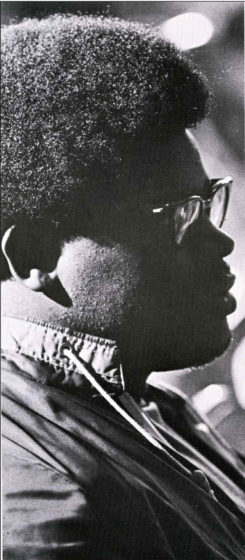 In the late 1960s, the Black Student Union at Oregon State University staged a protest, walking off campus on March 5, 1969, because football coach Dee Andros had kicked African American linebacker Fred Milton off the team for sporting a mustache and goatee.
In the late 1960s, the Black Student Union at Oregon State University staged a protest, walking off campus on March 5, 1969, because football coach Dee Andros had kicked African American linebacker Fred Milton off the team for sporting a mustache and goatee.
Andros, was a demanding, older school coach who was set in his ways and would not tolerate players who breached disciplinary rules, including those related to hair. After a forty-minute meeting between coach and player, neither side would budge, with Milton arguing that Andros’s prohibition of facial hair violated his human rights. Although this occurred during the off-season made no difference to Andros, although it was known that some white players sported long sideburns during the winter.
Andros’s decision made national news and connected OSU to other racially charged incidents on college campuses and riots taking place in the black neighborhoods of many major American cities.
The incident highlighted deep issues of racial and cultural differences at the university and in the conservative Corvallis community of about thirty-five thousand people. Although the football team had been integrated for several years, no black players on the men’s basketball team had scholarships until 1966.
Fred Grady Lee Milton, was the student at the center of the turmoil at OSU. Milton was born on March 30, 1948, in Sparkman, Arkansas, where his father worked as a sharecropper. After moving at least twice in Arkansas during Milton’s childhood, the family moved to the Tri-Cities area in Washington, where Fred starred in football, track, and wrestling. He graduated from Columbia High School in Richland and then attended Wenatchee Junior College.
Milton joined the OSU Beavers football team in the fall of 1967, playing the middle linebacker position and excelling on the 1967 team that defeated nationally ranked University of Southern California and Purdue University. Sports writers dubbed the team the Giant Killers, giving the squad a beloved place in Oregon sports history.
Oregon State University would suffer severely for Andro’s decision. Of the fifty-six or fifty-seven Black Student Union members enrolled for the winter term, only eighteen registered for the spring term. Of the five black athletes on the football team, only two turned out for spring practice, and the coaching staff was unable to recruit any black players for that year. “Recruiting black players,” sports historian and OSU professor Michael Oriard has argued, “would remain more difficult for years to come.” Although Andros was immensely popular among OSU’s mostly white students, his inability to acknowledge the racial and cultural changes that were affecting the nation and the school hindered the university’s efforts for years in achieving greater cultural diversity.
Fred Milton went on to play football for and graduate from Utah State University. He married fellow student Loretta Todd in late 1969 and played briefly in the Canadian Football League after his graduation. Milton settled in Portland, where he worked for IBM and Liberty Mutual Insurance.
source:
Original article found at:
https://oregonencyclopedia.org/articles/milton_fred/#.Wm_AHDdG2M8


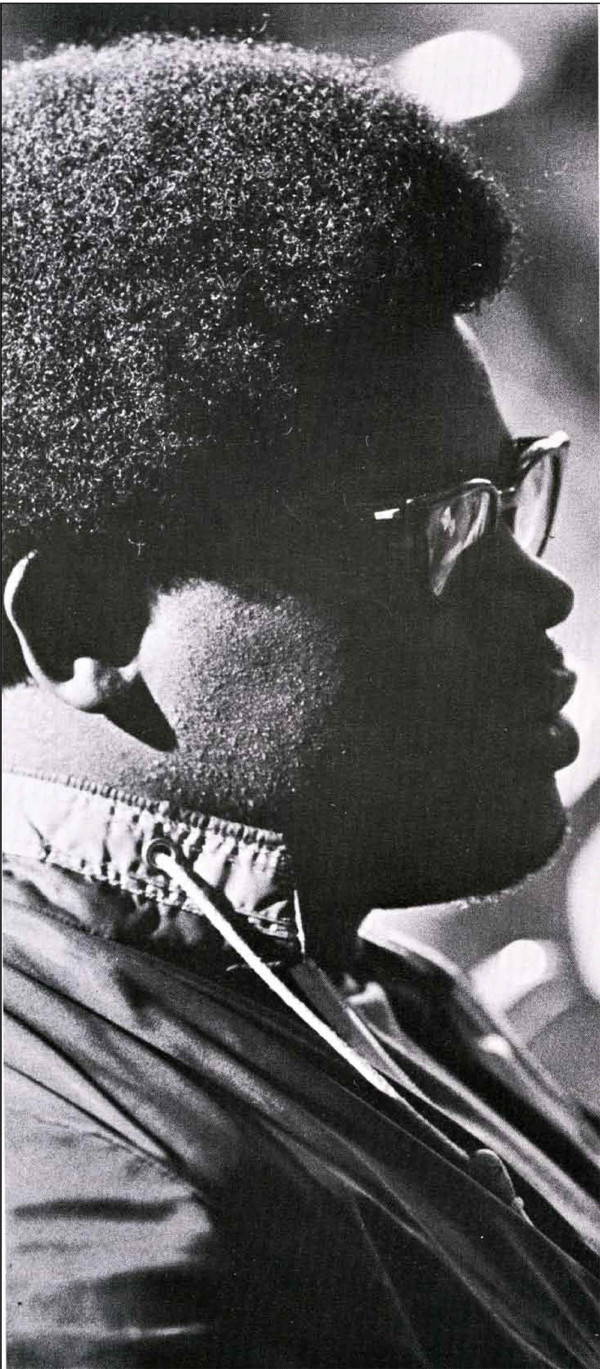



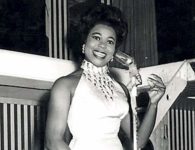
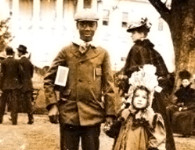


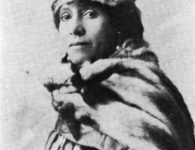
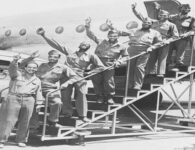
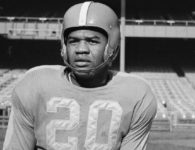
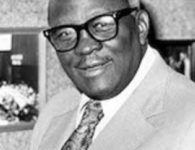
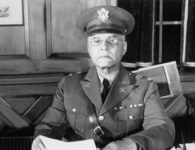

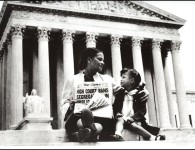

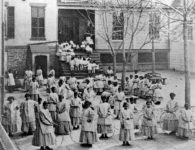
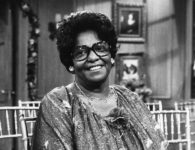
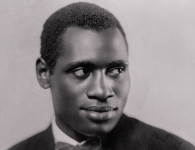

1 Comment
[…] post Fred Milton: The Oregon State University Protest appeared first on Black […]